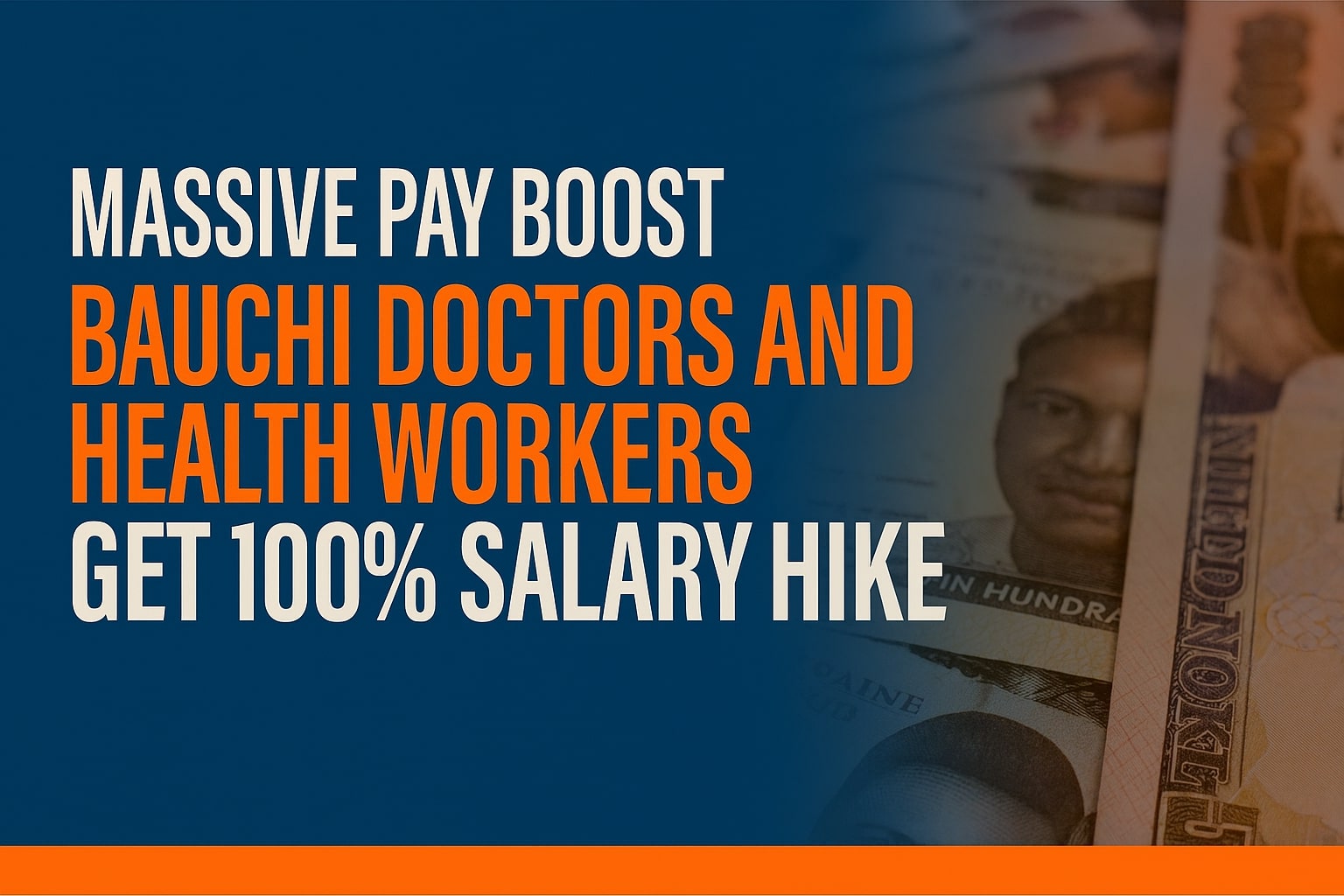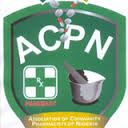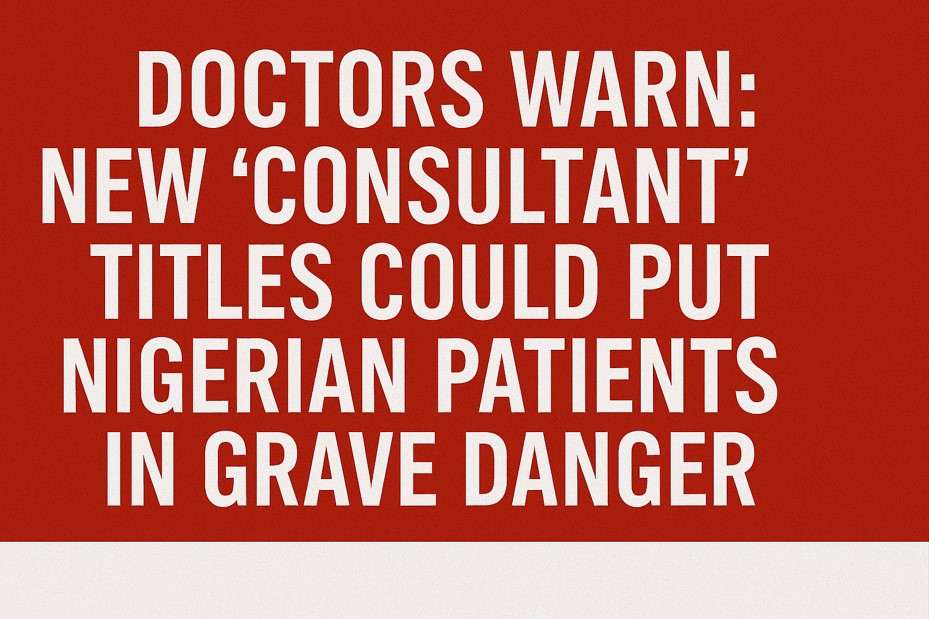Nigerian Medical Association (NMA) has proposed the adoption of public-private partnership in the health sector to enhance sustainability and efficiency towards reversing medical tourism in favour of the country.
The proposal was made, yesterday, during a medical expo held by the association to find ways of strengthening Nigeria’s private health sector to become a key player in the global health industry, thereby reversing medical tourism in favour of Nigeria.
NMA President, Prof. Bala Audu, in his welcome address, explained that the adverse medical tourism would get worse unless an intervention was done as a nation.
According to him, while the global market for medical tourism was expected to reach $180 billion by 2030, Nigeria contributes as an exporter of patients with an annual flight of capital of over $2 billion to medical tourism.
He added that the conversation was geared towards a provision of national policy, backed by fiscal policies to boost the private and public-private partnership that would strategically place Nigeria at par with most competitive destinations of medical tourism, in addition to strengthening international best practices.
On current challenges faced by the association, Audu said members were overstretched due to excess workload.
He said few healthcare professional remaining in the country struggled to give their best to ensure same quality of healthcare provided abroad, thereby overworking themselves.
The Lagos State Commissioner for Health, Prof. Akin Abayomi, at the expo, said it was important that governments ensured that the healthcare space was one protected to accommodate private investment.
First Vice President, NMA, Dr Benjamin Olowojebutu, in an interview, listed the importance of reversing medical tourism in the country which, he said, the association had to be at the forefront.
Olowojebutu, who is also the chairman, Local Organising Committee of the Expo, said partnership with private equity, private institutions would contribute greatly to fixing the problem.
“We have a hospital that does 16 kidney transplants every month. We have a hospital that can carry out cardiovascular surgery in a few hours. We have hospitals coming from Niger, from Mali, to see what we do,” he added.
SOURCE: GUARDIAN NEWSPAPER



